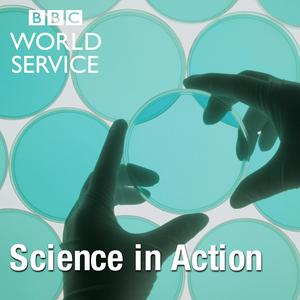Researching pain, painlessly
Pain, particularly chronic pain, is hard to research. New therapeutics are hard to screen for. Patients are not all the same. Sergui Pascu and colleagues at Stanford university have been growing brain samples from stem cells. Then they began connecting different samples, specialised to represent different brain regions. This week they announce their most complex “assembloid” yet, one that even reacts to hot chilli, passing a signal from the sensory neurons through to the thinking bits. The hope is that it can provide insights on how pain, and potential painkillers, work.Human brains are notoriously large, particularly infants. Whilst for primates the human pelvis is quite narrow, to allow us to walk and run on two legs. This notoriously makes childbirth, well, not as straightforward as most other species. This evolutionary “obstetric dilemma” has been debated for decades. Marianne Brasil, of Western Washington University, and colleagues, have published this week a huge study of contemporary human genes and anatomies available from the UK Biobank to shed some more light on this ongoing compromise.Malta is an island in the Mediterranean no less than 80km from land. So how come Eleanor Scerri and colleagues have discovered archaeological evidence of hunter-gatherers living there from 8,500 years ago? And they didn’t just visit and leave. They stayed for perhaps a millennium before farming arrived. Maybe a rethink of what nautical capabilities our ancestors had in the deep past is needed? A year ago, Science in Action gate-crashed a conference looking at plans for meeting the forthcoming arrival of asteroid Apophis in 2029. This year the meeting is in Tokyo, and Richard Binzel, emeritus professor of Astronomy at MIT, gives us an update on how the space agencies are hoping to collaborate to maximise the scientific value from what will be a global, visible, phenomenon in just 4 years. Is there enough time to get our collective wits together?(Image: 3D illustration of Interconnected neurons with electrical pulses. Credit: Getty Images)Presenter: Roland Pease
Producer: Alex Mansfield
Production co-ordinator: Josie Hardy

